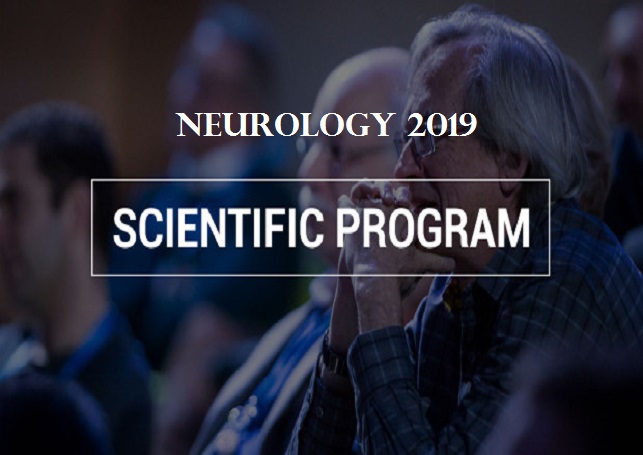
Kudret Esen Gumuslu
Kocaeli University, Turkey
Title: A rare genetic cause of intellectual disability: two cases with FOXG1 mutation
Biography
Biography: Kudret Esen Gumuslu
Abstract
FOXG1 syndrome is characterized by severe intellectual disability (ID), microcephaly, seizures, speech disorders and gait disturbance. Most affected children have brain malformations (callosal anomaly) and hyperkinetic movement disorders with polymorphic stereotypes and jerky movements. Case 1: An 18 months old girl was referred to genetics clinic with seizures, development delay and stereotypic movements in hands. She was only child of a non-consanguineous parents and she had delay on neuromotor development since birth. After 14 years follow up, she was speechless with only sounds, unable to walk and hyperkinetic movements. In whole exome sequencing heterozygous FOXG1 mutation (c.835_836delA;p.278Thr_279S erFs) expressed which was described before. Case 2: An 8 years old girl was referred to our clinic for intellectual disability, myoclonic seizures, microcephaly, development delay and stereotypes. She was third child of consanguineous parents. One of her sister with development delay was exitus at age of 2 with an unknown reason. Her inherited metabolic screening and cranial MRI was normal. In whole exome sequencing a new heterozygous FOXG1 mutation (c.147C>A) expressed which was not described in databases before. FOXG1 syndrome was previously described as congenital variant of Rett syndrome, however Rett syndrome involves period of normal early development which does not occur in FOXG1 syndrome. Also FOXG1 mutation affects both males and females. Children with severe ID, microcephaly, seizure and speech problems from birth should be suspected of FOXG1 syndrome.

